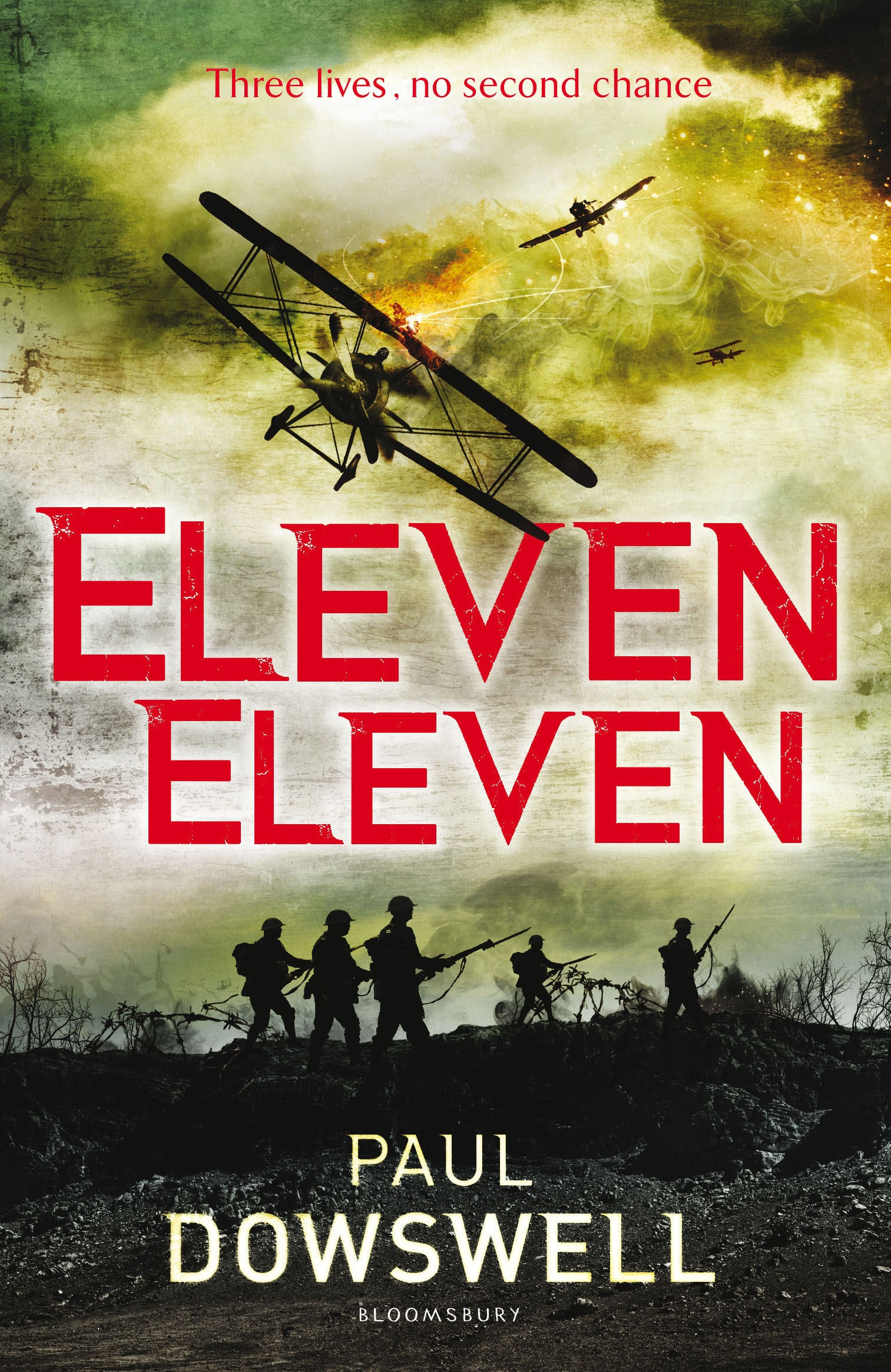Why do I write historical fiction? I’m interested in history. I enjoy non-fiction books immensely, and they’re often the source of inspiration for my novels, but there’s something about Historical Fiction that gives you a real flavour of an era, and a deeper connection to it too.

How can you not be interested in the fact that Nelson, like everyone else on HMS Victory, stank like a mouldy dishcloth, and was back on duty an hour after he had his arm amputated, or that the Nazis rewrote the words to Christmas carols like ‘Silent Night’, so they were about Hitler rather than Jesus. We worry about the desensitising effect of violent films and video games on young people today, but 200 years ago public hangings were a fun day out for all the family.
What really fascinates me about history is that its real-life scenarios can be just as bizarre and extraordinary as anything Fantasy or Science Fiction might dream up. (Aztec sacrifices, building the Pyramids, Galileo and the Inquisition…)
When I do school visits I’m sometimes asked ‘Why should we be interested in this?’ and I say that people who lived in caves and painted their bodies blue to go into battle, or fought in Roman amphitheatres, sailed into the unknown with Columbus, were caught by the Black Death… they were the same as us: they wanted a roof over their heads and a nice hot dinner, they wanted their loved ones to be safe, they fancied the ploughman or milk maid at Wattleston village…
They were different too, of course. Their philosophies, religious beliefs, tolerance of cold, pain, and other physical hardships, their expectations in life (‘The rich man at his castle, the poor man at his gate’), were very unlike our own. In 1800 the average life expectancy in England was 40 – these days that’s an age when many people have only recently become parents.
There are plenty of pitfalls though – and anyone who writes historical fiction has to be constantly on the lookout for them. Here are the most obvious:
Like any novel, the crux of your Historical Fiction story should be your characters, making them real enough for the reader to like them and care about what happens to them, but you should also make sure what they say, do, think, experience, is right for that era. Otherwise you get anachronisms that spoil the atmosphere and the world that you are trying to create in your reader’s imagination.
You also have to be careful not to wear your research too obviously. There’s an art in weaving in the historical detail, so it sits like wallpaper and carpets in the background, rather than banging it right in front of your reader. It’s a novel you’re writing, after all, not an information book.
Getting the era to feel right is one of the great difficulties of Historical Fiction – but I think it’s worth the effort. Whether I manage to do it, is entirely my reader’s opinion, of course. Not calling your First World War soldiers Colin, Ken and Ray, (20s, 30s names) or Wayne, Lee and Kevin (60s), or having them say ‘Cool’ or ‘Whatevah’ is the easy bit. What’s far more difficult is trying to think yourself into the mindset of your characters, and imagining how other people are going to react to them. You have to constantly bear in mind how different people were in the era you’re writing about. Back in 1800, for example, we’d think food aboard Navy ships was disgusting, but the Tars were happy to be fed a hearty meal three times a day. (The expression ‘three square meals a day’ comes from the Navy – the sailor’s plates were square-shaped.) In Cold War East Germany, which I’ve recently written about in my book ‘Sektion 20’, changing the buttons on a jacket, in a bid for a little individuality, was considered a frowned-upon bourgeois indulgence. And the Wall was the ‘Anti-Fascist Protection Barrier’. Escapers were ‘border violators’. It’s often an ugly mind-set, but trying to capture it is all part of what makes historical fiction such fun to write and read.
Paul Dowswell has become a name to read in the world of children’s historical fiction. His WWII novel Auslander received great acclaim and was shortlisted for several national prizes. A former senior editor with Usborne Publishing, Paul Dowswell has the great knack of combining non-fiction with fiction to create gripping plots that both educate and entertain young readers.
His new novel, Eleven Eleven is a powerful combination of historic detail, timeless narrative and actionpacked plot. By placing three young men at the centre of the story it illustrates that anybody can be called to face the horrors of war, no matter how old they are.
Published in paperback by Bloomsbury – 11th October 2012 - £6.99
Nice post.
You're right about unbelievable incidents which can make great fiction...if you're careful they don't appear too far-fetched! Getting period right is really difficult and the main problem I find is keeping timescales realistic. In 1800 you could only travel as fast as a post-chaise changing horses every 10 miles or so and that's hard for me to grasp, let alone most readers. And of course 'historians' will pick holes in your research (sigh).
Best of luck with the book - we historical writers must stick together!
PS. Think your life expectancy is skewed by infant mortality rates. See - even I have to nit-pick ;)
Hi Paul.
Excellent post.
I love great novels. Reading is what has inspired me to write.
Unlike you, I drew my inspiration from fiction. The legendary tales of King Arthur and the knights of the round table, Greek mythology and Roman history. I researched Malory, Tennyson, Spenser and Chaucer. I was particularly inspired by Michael Morpurgo's - Arthur High King of the Britons.
All the research I did was from the comfort of a chair.
Good luck with the book.